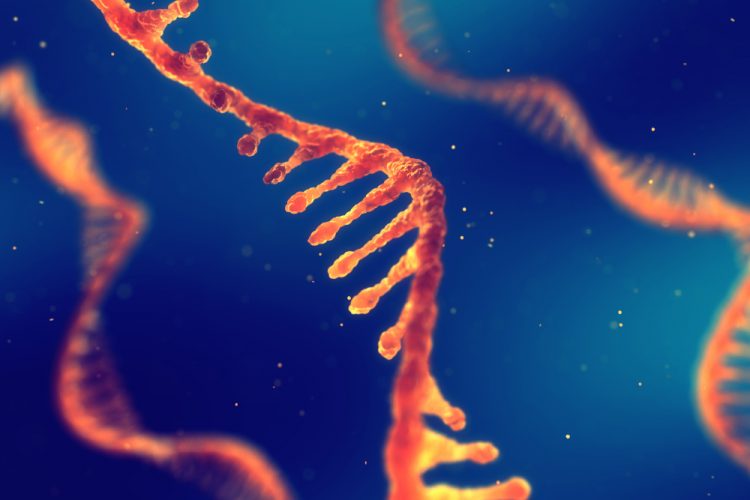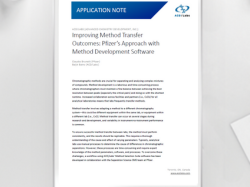Moderna and ILCM to develop Crigler-Najjar syndrome therapeutic
Posted: 8 September 2021 | Anna Begley (European Pharmaceutical Review) | No comments yet
Moderna and the Institute for Life Changing Medicines (ILCM) are collaborating to develop an mRNA therapeutic for Crigler-Najjar syndrome.


Moderna and the Institute for Life Changing Medicines (ILCM) have announced a new collaboration to develop a novel messenger RNA (mRNA) therapeutic (mRNA-3351) for Crigler-Najjar Syndrome Type 1 (CN-1). The goal of the collaboration is to make an mRNA therapy for the treatment of CN-1 available at no cost to patients.
Under the terms of the agreement, Moderna will license mRNA-3351 to ILCM with no upfront fees, and without any downstream payments. ILCM will be responsible for the clinical development of mRNA-3351. ILCM plans to initiate clinical studies of mRNA-3351 in 2022.
CN-1 is an ultra-rare genetically inherited disorder caused by the mutation in the UGT1A1 gene in which bilirubin, a substance made by the liver, cannot be broken down. The syndrome occurs when the protein that normally converts bilirubin into a form that can be easily removed from the body does not work properly. Without this enzyme, bilirubin can build up in the body and lead to jaundice and damage to the brain, muscles and nerves. The symptoms become apparent shortly after birth and can be life-threatening. Current standard of care treatments rely on phototherapy treatments of up to 12 hours a day throughout life. The only definitive treatment is liver transplant, which is associated with its own set of side effects and risk of death.
Moderna’s mRNA-3351 encodes for the human UGT1A1 and is designed to restore the missing or dysfunctional proteins that cause CN-1. The proposed therapeutic uses the same proprietary lipid nanoparticle (LNP) formulation as Moderna’s antibody against chikungunya virus (mRNA-1944), propionic acidaemia (mRNA-3927), and methylmalonic acidaemia (mRNA-3704) programmes. mRNA-3351 has been granted Rare Paediatric Disease designation by the US Food and Drug Administration (FDA).
“Children with this disease can be stigmatised for being severely jaundiced while living in fear of experiencing a life-threatening episode of kernicterus,” commented James Wilson, Co-Founder and Chief Scientific Officer of ILCM. “The mRNA therapeutic platform of Moderna has the potential to not only treat but to prevent these lethal metabolic crises. This partnership with Moderna could serve as a model for developing life changing medicines for those living with rare diseases when traditional business models for drug development fall short.”
Related topics
Antibodies, Biologics, Biopharmaceuticals, Clinical Development, Drug Development, mRNA, Research & Development (R&D), RNA, Therapeutics
Related organisations
Institute for Life Saving Medicines (ILCM), Moderna, US Food and Drug Administration (FDA)









